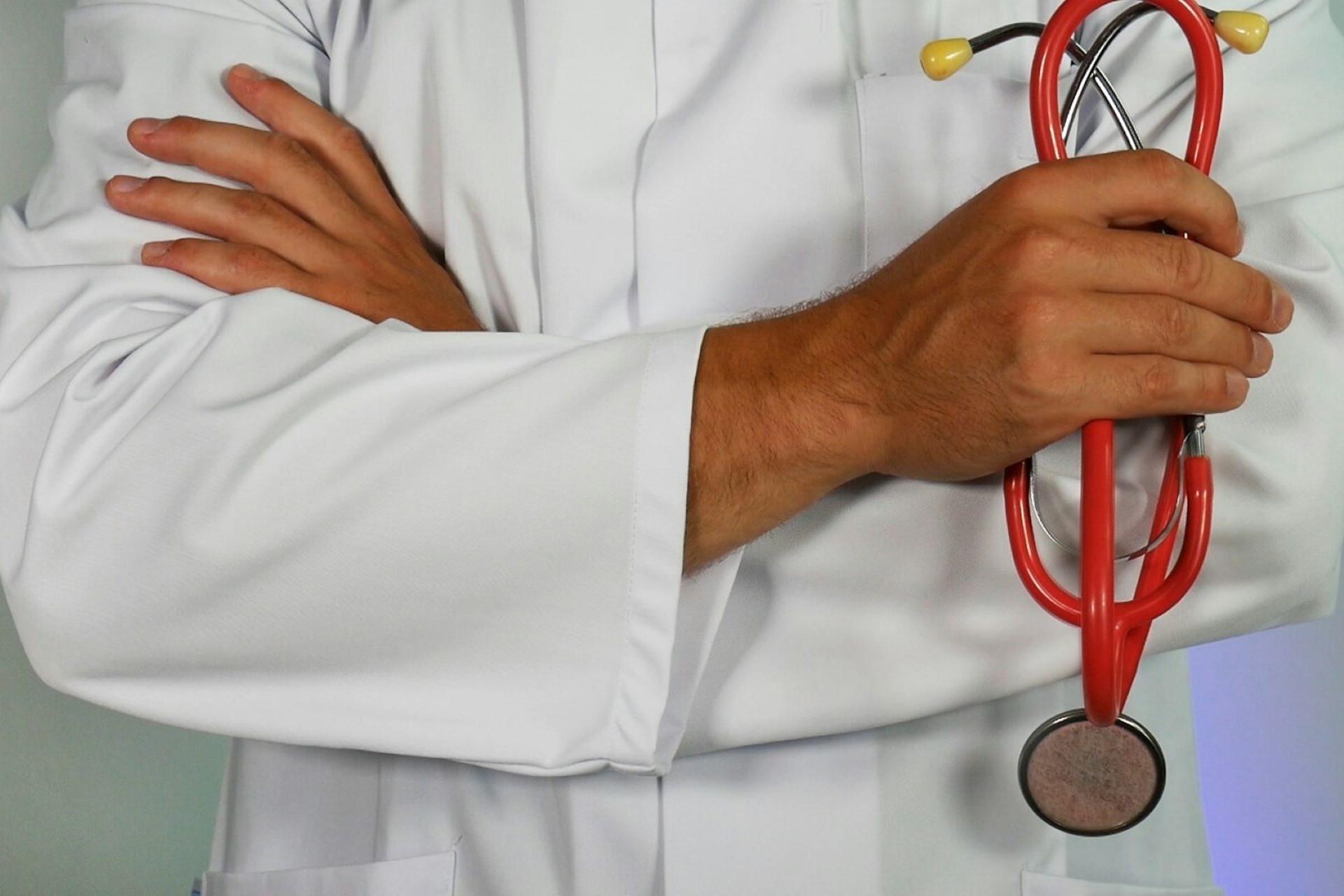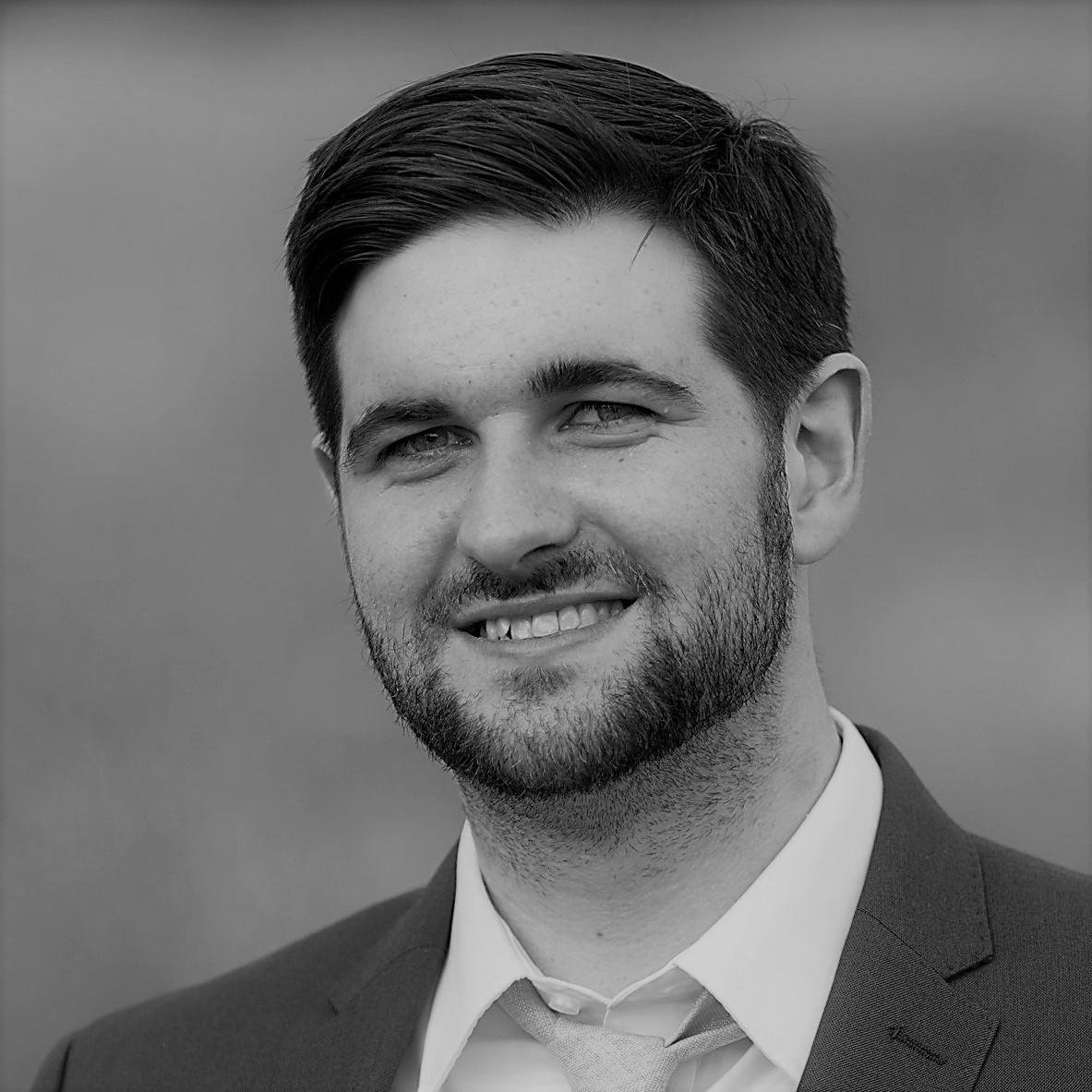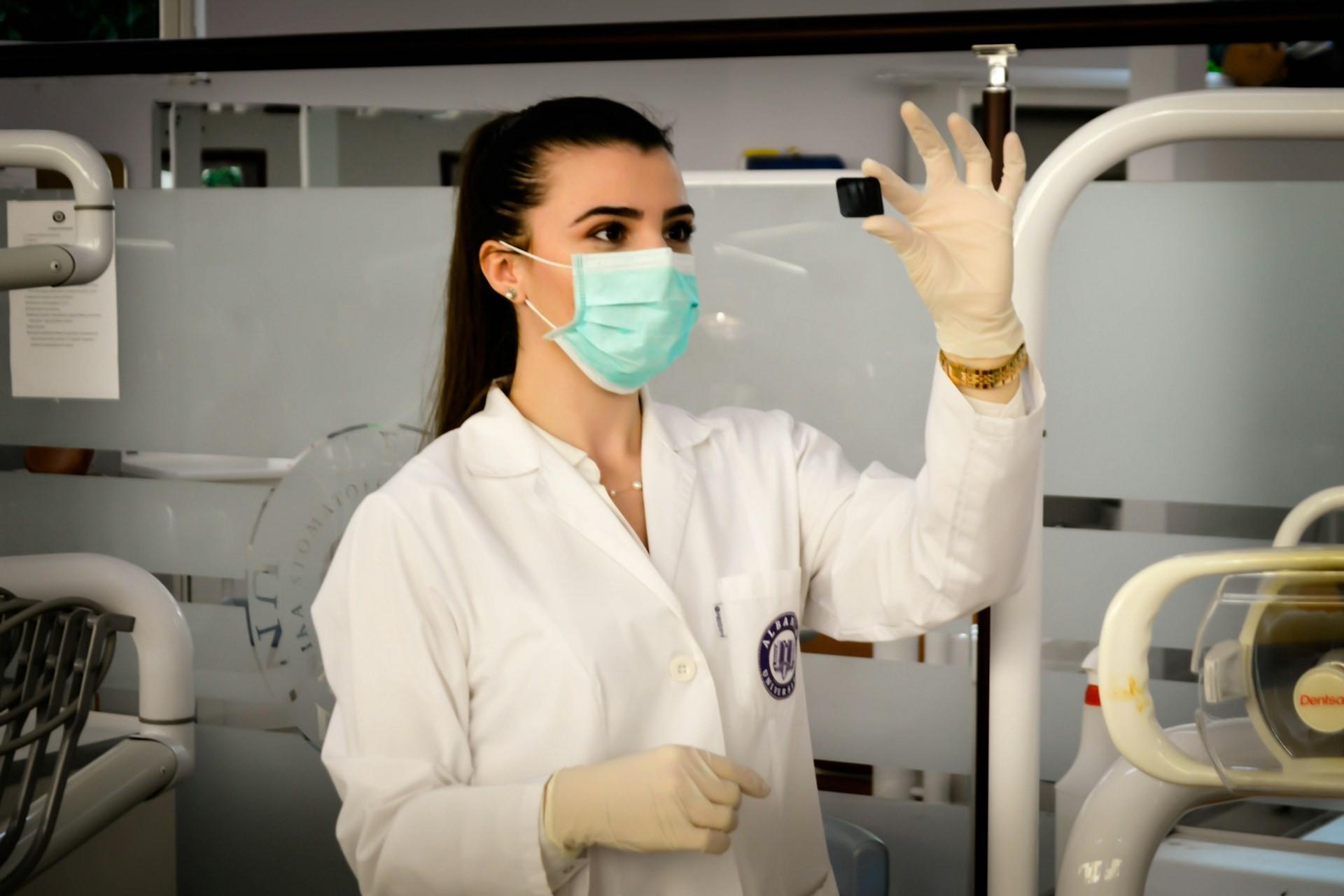Like anywhere else, becoming a doctor in Ireland is difficult. There's a lot to study, from leaving school to studying medicine and becoming a doctor.
In this guide, we'll look at every part of the process from secondary education to becoming a doctor and answer some of the most commonly asked questions about studying medicine in Ireland.

The Secondary Education Required to Become a Doctor in Ireland
While all of your primary and secondary education in Ireland is really part of becoming a doctor, your educational choices start to matter once you're in secondary school as you can make the decisions that will set you on the path to studying medicine.
In Ireland, the journey to becoming a doctor begins with two pivotal qualification requirements during secondary education: the Leaving Certificate and the Health Professions Admission Test (HPAT). These are not just exams, but stepping stones that pave the way for your future in medicine.
For those looking to study medicine straight from secondary school, these are both essential in Ireland.
Leaving Cert
The Leaving Certificate (or Leaving Cert, more colloquially) is the final qualification completed by secondary school students in Ireland, and those wanting to go to medical school need to get excellent results.
The Central Applications Office (CAO) is responsible for processing applications for undergraduate courses in Irish Higher Education Institutions. They equate the results of the Leaving Cert to points according to the exams taken and a student's performance. With a maximum of 625 points available for students, aspiring medical students should know that most medical schools require at least 500 CAO points for applicants and the HPAT-Ireland.
Health Professions Admission Test (HPAT-Ireland)
In addition to excellent Leaving Cert results, aspiring doctors must complete the Health Professions Admission Test (HPAT). This test is specific to students wanting to attend medical school, and the HPAT-Ireland results also equate to CAO Points.
Medical schools in Ireland ask for a total sum of CAO Points across the Leaving Cert and HPAT-Ireland. In some instances, disappointing Leaving Cert results can be bolstered by excellent HPAT results or vice-versa.
However, minimum CAO Points thresholds are often set for both the Leaving Cert and HPAT, so always read the admission requirements carefully.

Applying to Medical School in Ireland
You'll apply to medical school while completing your Leaving Cert and preparing for the HPAT-Ireland.
There are two main ways to apply to medical school in Ireland. So far, we've been looking at an undergraduate entry, which is for students going from secondary education directly to university without completing another undergraduate course of study.
There's also graduate entry for students who've completed a Bachelor's degree. They'll apply directly to medical school in Ireland and complete the Graduate Medical School Admissions Test (GAMSAT) rather than the HPAT-Ireland.
The six medical schools in Ireland are:
- University College Dublin (UCD) - School of Medicine
- Trinity College Dublin (TCD) - School of Medicine
- Royal College of Surgeons in Ireland (RCSI)
- University College Cork (UCC) - School of Medicine
- University of Galway (NUIG) - School of Medicine
- University of Limerick (UL) - Graduate Entry Medical School
Any student wanting to study medicine in Ireland must apply to one of these. Remember that only some medical schools offer both undergraduate and graduate entry.
Medical School in Ireland
Once an aspiring doctor has been accepted onto their course, which usually takes five to six years of study.
The early years of the course are usually based at the medical school, whereas later years include much more hands-on medical training.
Pre-clinical Study
Before aspiring doctors can train in a hospital or clinic, they need to learn all the foundational knowledge used for medicine.
These years typically focus on the sciences that underpin modern medicine, such as anatomy, physiology, and biochemistry.
Most students will have chosen Leaving Cert subjects that lead to these subjects. However, they'll still find the study level at medical school very challenging.
Clinical Study
As you progress in your medical studies, you'll be given opportunities to get hands-on experience in hospitals and clinics. These experiences will not only enrich your learning but also prepare you for the real challenges of the medical profession.
They'll likely be given opportunities to work in hospitals and clinics alongside qualified doctors across various specialisations like internal medicine, dermatology, surgery, etc.
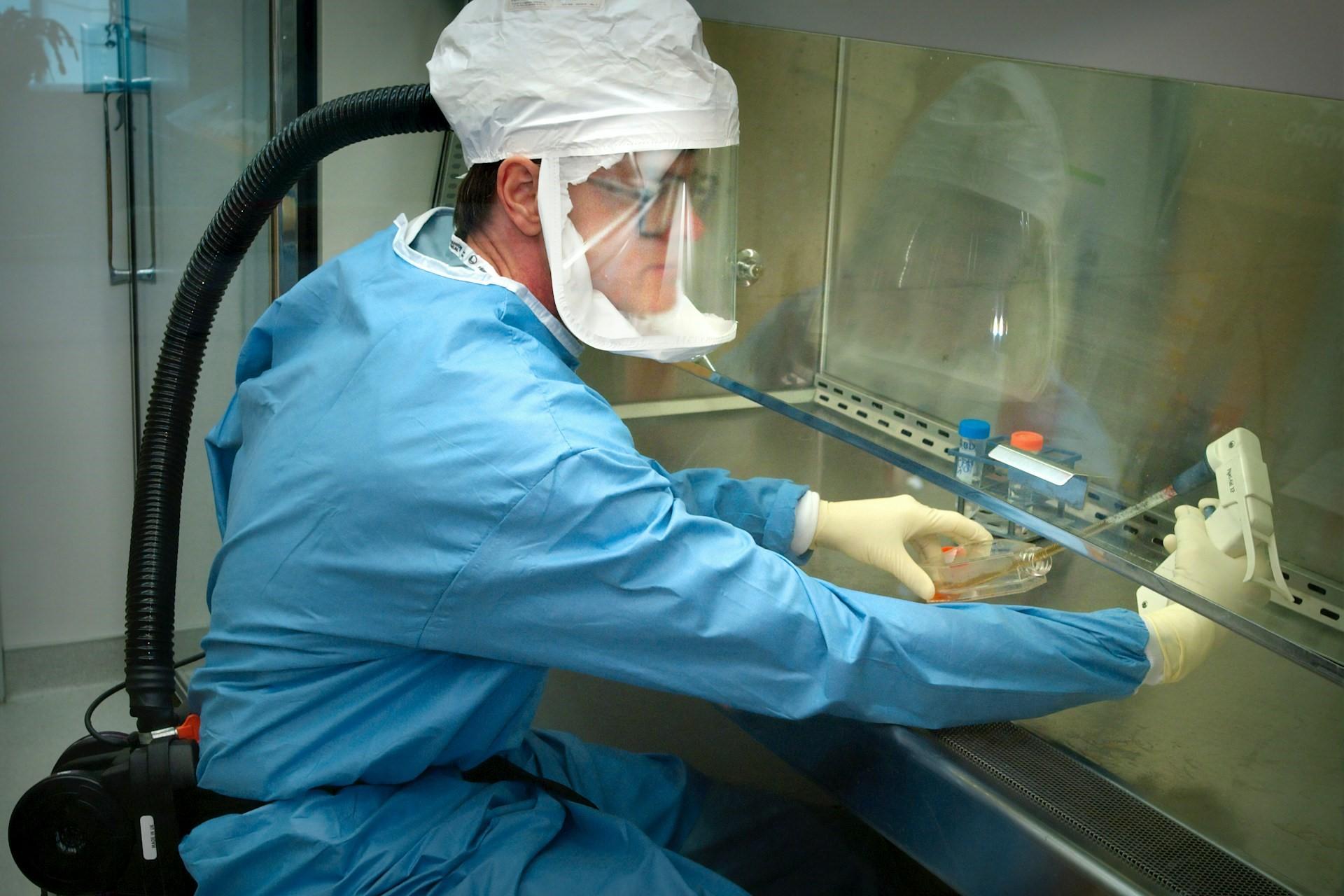

Medical Internships in Ireland
After a student graduates from medical school in Ireland, they must complete a one-year paid internship in a hospital.
This includes rotations across various medical specialisations like surgery, medicine, or emergency medicine.
At the end of this internship, the intern will be granted full registration with the Medical Council of Ireland, which is the regulatory body for medical practitioners in Ireland. This registration allows them to practice independently as a doctor.
Postgraduate Training in Ireland
As we know, there are many different types of doctors and specialists, and once a doctor is registered, there are plenty of options for postgraduate training in Ireland.
For example, to become a GP, you'll have to complete around four years of specific GP training.
Basic Specialist Training (BST) is also mandatory for several specialisations, including general medicine and surgery. BST usually takes between two and three years.
After completing Basic Specialist Training, there's also Higher Specialist Training (HST), which usually takes another four to six years and allows doctors to become consultants.
Continuous Professional Development for Doctors in Ireland
Even though becoming a doctor and a specialist can take years of study and training, doctors are never done with studying and training.
As a doctor, your learning journey doesn't end with your degree. In Ireland, doctors are expected to engage in Continuous Professional Development (CPD) to maintain their medical licenses and stay abreast of the latest medical advancements. This commitment to learning ensures that you always provide the best care to your patients.
After all, doctors are expected to always use the most effective and modern approaches to medicine.
How Long Does it Take to Become a Doctor in Ireland?
Becoming a doctor involves many steps, so you might be wondering exactly how long it all takes.
Considering your secondary education as the first step on the road to becoming a doctor, here are each of the steps and their approximate length.
- Leaving Certificate + HPAT (2 years)
- Medical School (5-6 years)
- Internship (1 year)
- Postgraduate training (5-8 years depending on specialty)
- Consultant/GP (After 11-17 years of training)
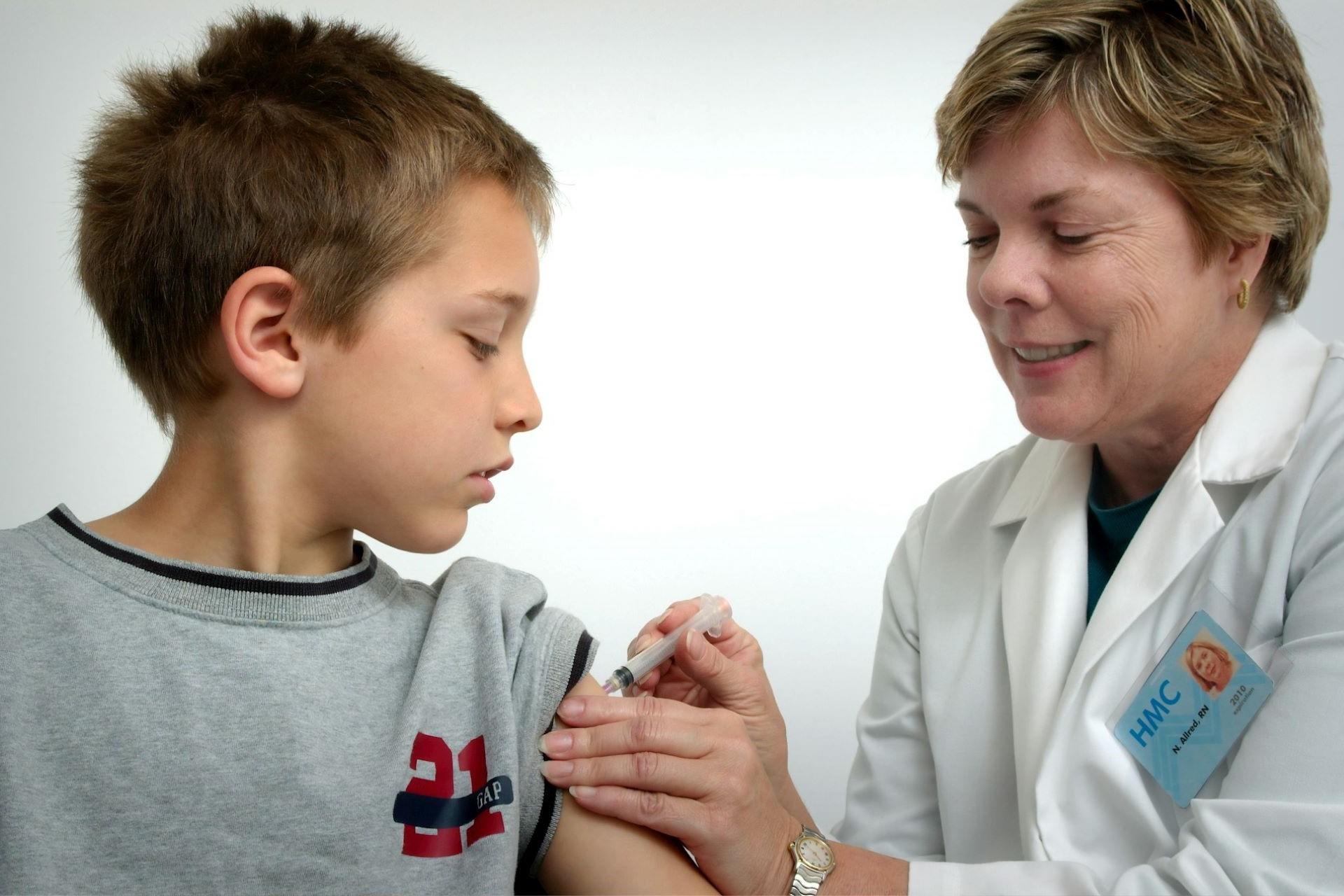
Alternative Routes for Becoming a Doctor in Ireland
So far, we've basically covered the main route for students in Ireland attending an Irish secondary school.
The undergraduate entry route includes the Leaving Cert and HPAT study before university. Still, there are also plenty of options for graduates and international students.
Graduate programs allow students to complete an undergraduate degree before studying medicine, so even if you don't get the results required at secondary school to study medicine directly, you can still dream of becoming a doctor one day.
The same is true if you decide to become a doctor after attending university. The main difference is that graduate programmes sometimes allow students to skip a year as they don't require some of the foundational knowledge taught in the first year or two of university.
There are also options for foreign students to study medicine in Ireland. Typically, the process is much the same, but students complete the equivalent of a Leaving Cert in their own country.
Similarly, in countries where English isn't the native language, international students will likely need to complete certain language requirements since courses in Irish medical schools are taught in English.
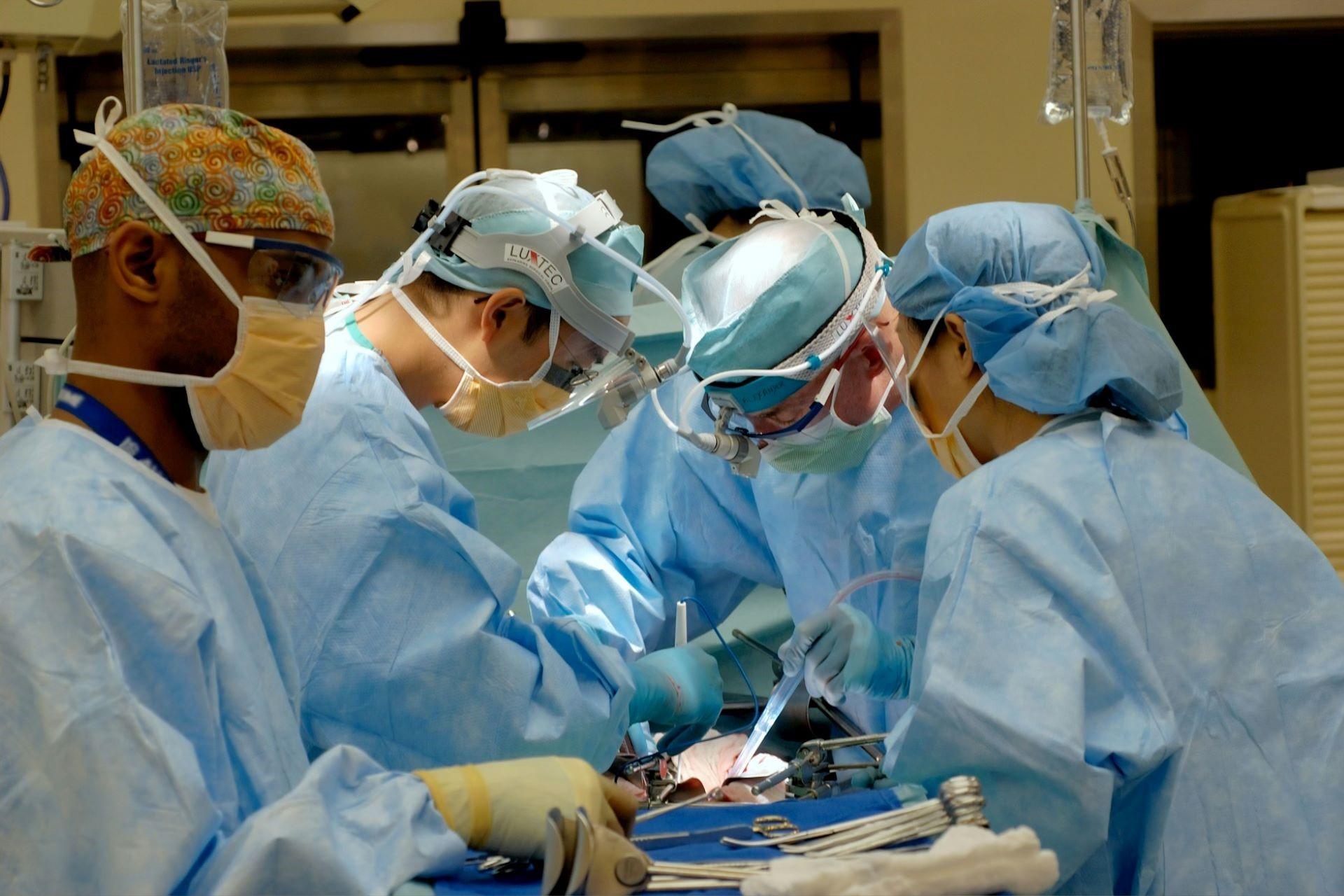
Get Help with Medicine from a Private Tutor
Very few parts of becoming a doctor are easy, which is why it's so important to stay on top of your studies.
Anyone considering becoming a doctor is already likely to be very academically gifted because the requirements for studying medicine are rigorous.
However, with so many complex things to study, you must excel in every subject, and one way to do this is with the help of a private tutor.
A tutor can help you in specific subjects like medicine or in a broader sense by teaching you study skills and how to be a better student.
On the Superprof website, plenty of talented and experienced tutors are ready to teach you today.
There are both in-person and online tutors available, and you can find them simply by searching for the skills or subjects you want to learn and where you'd like to have your lessons.
Many of the tutors on the Superprof website offer the first lesson for free, so you can try potential tutors before choosing the one that's right for you and what you want to learn.
Just search for “medicine” on the Superprof website today!
Summarise with AI:

